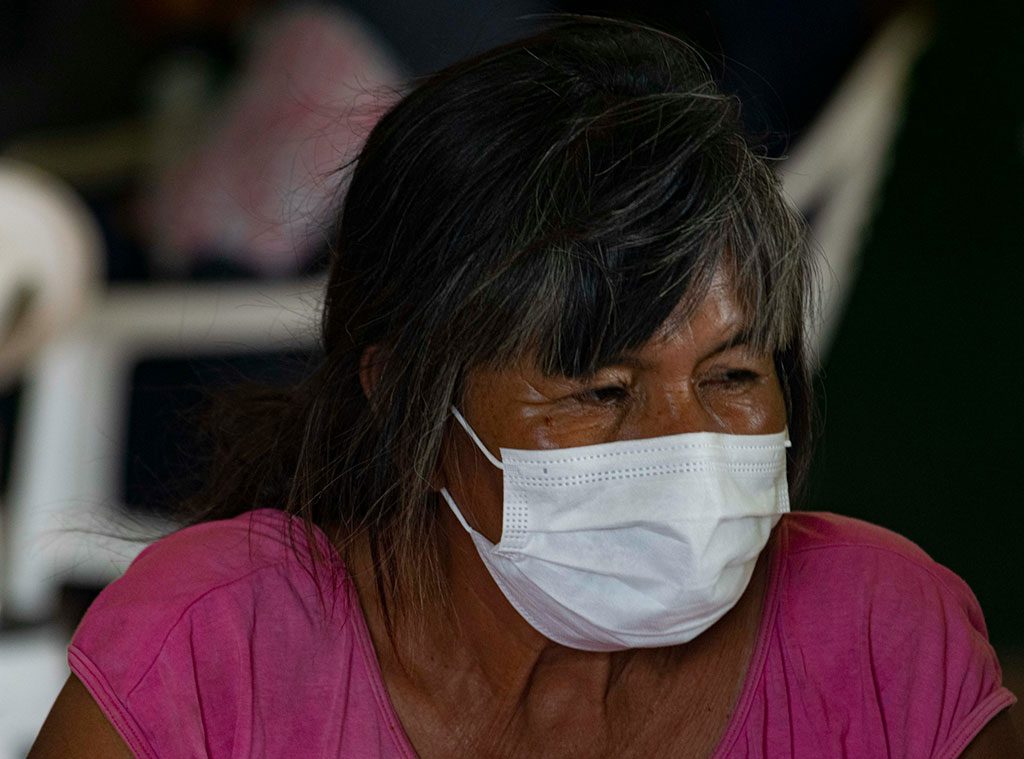As the world marks the end of the COVID-19 Public Health Emergency of International Concern (PHEIC), Latin America confronts a sobering legacy. Despite comprising just 7.7% of the global population, the region accounted for more than 25% of reported COVID-19 deaths by May 2023. This stark disparity underlines the urgent need for localized strategies to strengthen pandemic preparedness and response (PPR).
A new study, Pandemic preparedness and response priorities in Latin America: A regional Delphi consensus, published in Public Health and led by the RESPALDO initiative—funded by the University of California Global Health Institute and Latin American partners—takes a critical step toward addressing this need. Using a structured Delphi consensus process, the study brought together 115 experts from 18 countries to identify and agree upon regional priorities for the next five years. This research fills a gap in the literature by establishing the first consensus-driven, region-specific PPR priorities for Latin America.
A structured Delphi consensus process is a research method used to gather expert opinions through multiple rounds of surveys, with the goal of reaching agreement on complex issues. Participants respond anonymously, review summarized feedback from previous rounds, and adjust their answers, promoting thoughtful reflection and minimizing bias. In the context of this article, it allowed public health professionals from across Latin America to collectively identify and prioritize the most critical needs for pandemic preparedness, ensuring that the final list reflects broad regional agreement and practical relevance.
Key Findings: Priorities Across Seven Domains
The process resulted in a regionally grounded, evidence-based set of priorities across seven key domains, reflecting strong consensus among senior public health experts. While there was significant agreement from the outset, later rounds introduced important refinements, demonstrating both alignment and the evolving perspectives of participants.
Health Systems Strengthening
Participants emphasized the need to reinforce foundational health systems capacities, with a focus on equitable access to essential services, sustainable financing, and improved infrastructure. Strengthening primary care networks and expanding human resources for health were among the top-ranked priorities.
Surveillance and Laboratory Capacity
Expanding genomic surveillance and improving laboratory networks emerged as urgent needs. Experts called for real-time data integration, cross-border collaboration, and rapid diagnostic capacity to detect and respond to future threats.
Risk Communication and Community Engagement
Transparent, culturally sensitive communication strategies were prioritized. The group stressed the importance of community trust, combatting misinformation, and engaging civil society—especially Indigenous and marginalized populations—in public health planning and messaging.
Workforce Development
Training and retaining a skilled public health workforce featured prominently. Priorities included continuous professional development, mental health support for frontline workers, and regional coordination in workforce deployment during emergencies.
Equity and Social Determinants
Participants stressed addressing the underlying social determinants of health and ensuring equitable access to vaccines, treatments, and care. This reflects a growing recognition of structural inequities exacerbated during COVID-19.
Governance and Coordination
Strengthening national and regional governance frameworks for PPR was seen as foundational. Priorities included harmonized emergency response plans, intersectoral collaboration, and clear leadership structures that enable swift, coordinated action.
Research and Innovation
Investment in locally relevant research and technology development was emphasized. Participants advocated for open science, regional innovation hubs, and inclusive research agendas that reflect Latin America’s specific challenges and assets.
Implications for Global and Regional Health Security
This study provides a critical roadmap for Latin America’s pandemic preparedness agenda. The clear, region-specific priorities can help guide investments, inform policy reforms, and foster greater self-sufficiency—resonating with calls from the Independent Panel for Pandemic Preparedness & Response for bottom-up empowerment and multi-sectoral engagement.
For global health actors, the findings underscore the importance of localized strategies that are developed by and for the regions they serve. For regional leaders, the study offers a practical framework to advocate for resources, build resilient systems, and institutionalize lessons from COVID-19.
About the study and RESPALDO: This research was part of the RESPALDO initiative—a regional effort to support pandemic preparedness and strengthen health system capacity. The study was launched through a collaborative symposium organized by the Institute for Global Health Sciences at UC San Francisco.
READ THE PAPER:
Pandemic preparedness and response priorities in Latin America: A regional Delphi consensus. Public Health, April 2025


